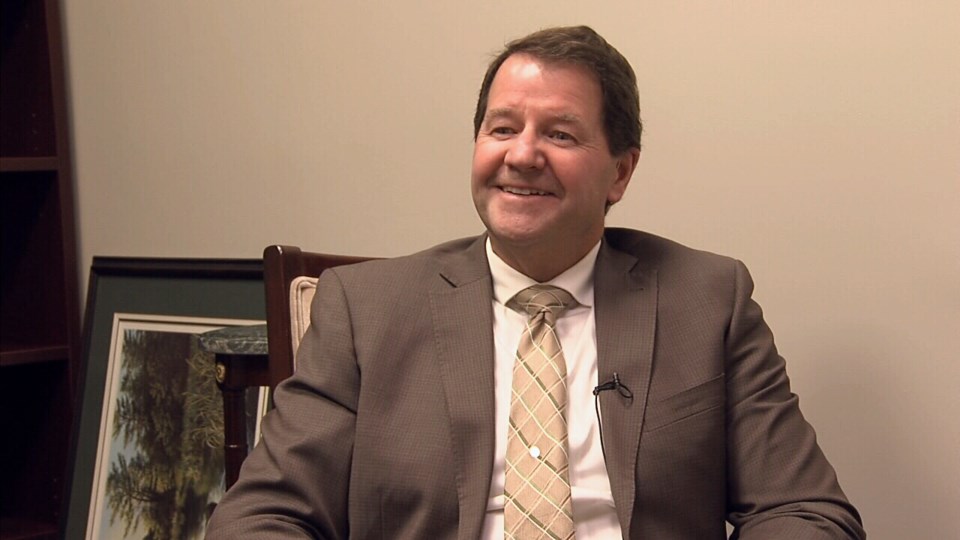DRYDEN – The mayors of Dryden and Atikokan see opportunity in the Nuclear Waste Management Organization’s decision to build a massive underground waste repository between Ignace and Wabigoon Lake.
Nipigon’s mayor said her council’s concerns about transportation safety remain.
The NWMO, a federally mandated organization tasked with finding a means of safe long-term storage of nuclear waste, announced last Thursday it has chosen the Revell Lake site south of Highway 17 for its proposed deep geological repository (DGR).
Once constructed, the DGR would be the destination for all of the spent fuel from Canada’s nuclear power plants in chambers 650 to 800 metres below ground.
The industry-funded NWMO says construction could begin around 2033, depending on the project clearing regulatory and licensing hurdles, and be completed about 10 years after that for the DGR to begin operations.
The $26-billion repository project would add to the regional economy’s diversity and benefit some local businesses, Dryden Mayor Jack Harrison told Newswatch.
But he noted that the repository would also bring significant expenses to the City of Dryden, such as extending water, sewer and other infrastructure for potentially hundreds of new homes.
“So there’s a lot of discussions we need to have on a big project like that and safeguarding our community from the effects of it,” he said.
To that end, the municipality is negotiating a “community benefit agreement” with the NWMO to cover how Dryden would be compensated.
Thursday’s site announcement “does make us more of a priority for (the NWMO) to work on our benefit agreement,” he said.
Atikokan Mayor Rob Ferguson said the DGR, if it gets built, “would be a really good thing for Northwestern Ontario.”
“It is nice to see it’s moving ahead, and I think in the long run it’s going to be a good thing for Northwestern Ontario and not just Ignace and Wabigoon Lake Ojibway Nation,” he said.
It’s a good thing for economic reasons and because “it’s our obligation as Canadians to look after the nuclear waste,” Ferguson said.
“I think it’s good economically for Northwestern Ontario, and I think it’s good for Canada to take this proactive step moving forward.”
Suzanne Kukko, the mayor of Nipigon, offered congratulations to Ignace and Wabigoon Lake but added that “our council’s position has been that we don’t support the transportation of nuclear waste through our community.”
Nuclear waste trucked on Canadian roadways from points east to the Revell Lake site would have to travel over the Nipigon Bridge.
In March the township’s council passed a resolution saying communities such as Nipigon “should not be burdened with the risks” involved in transporting nuclear waste and urging the NWMO to “find storage solutions” closer to where the waste is produced.
There have been several serious accidents on the Trans-Canada Highway in northern Ontario this year, Kukko noted.
“I just hope that what (NWMO officials) say about the safety of the transport is true,” she said.
On the plus side, she added, the highway’s twinning from Nipigon to Thunder Bay should be finished long before the DGR is constructed and accepting fuel bundles.
